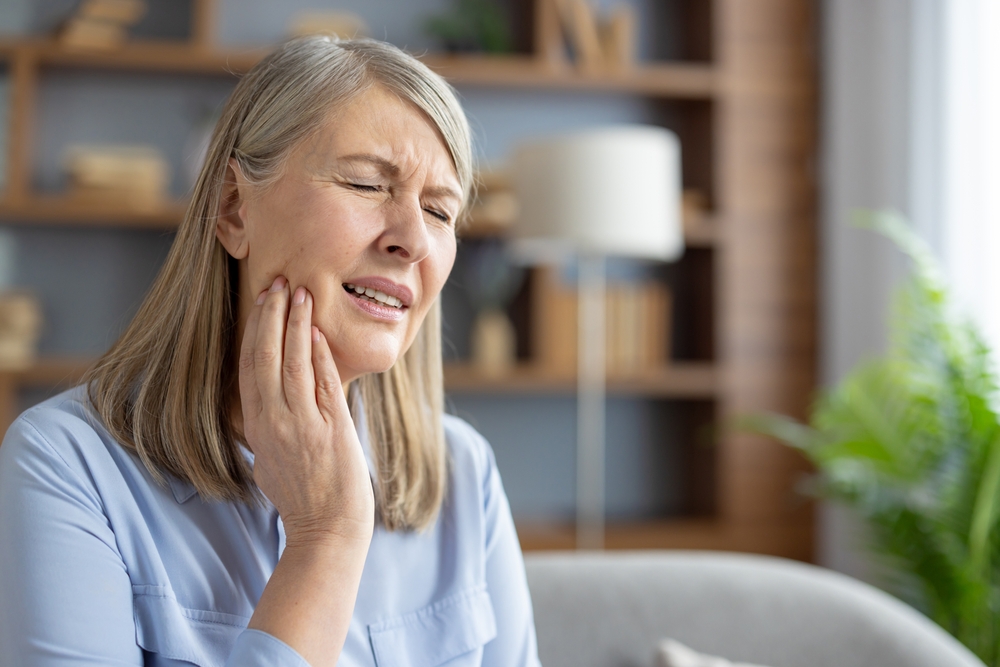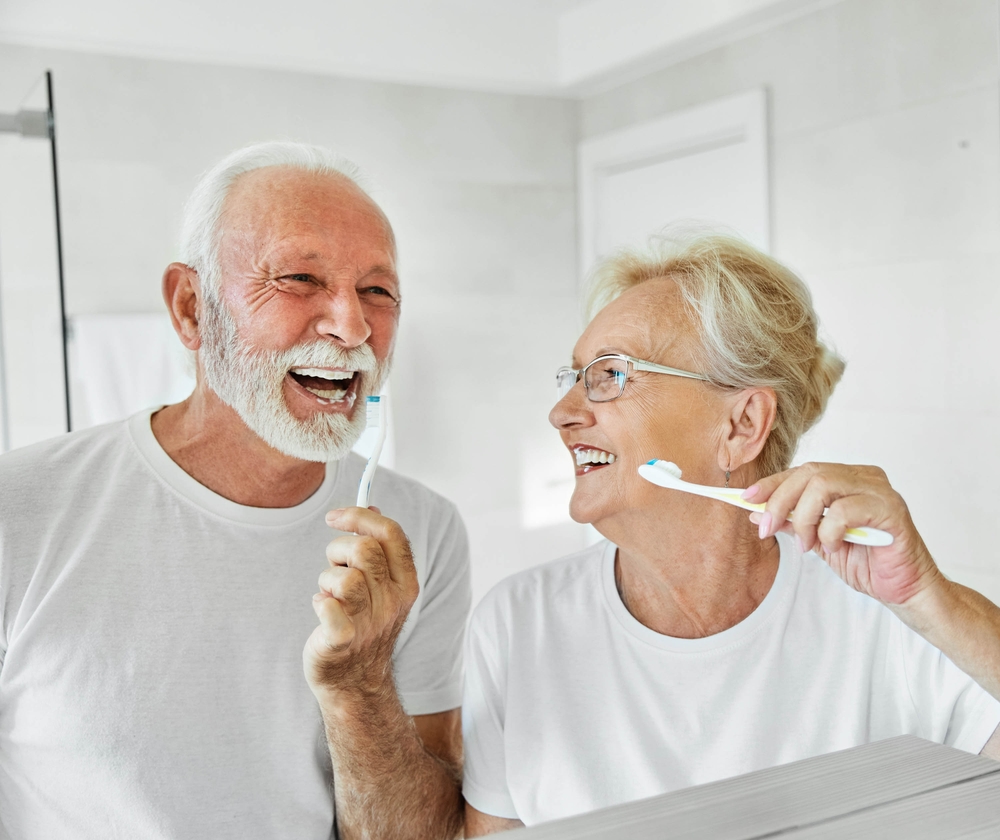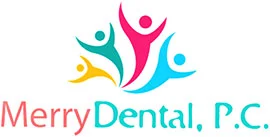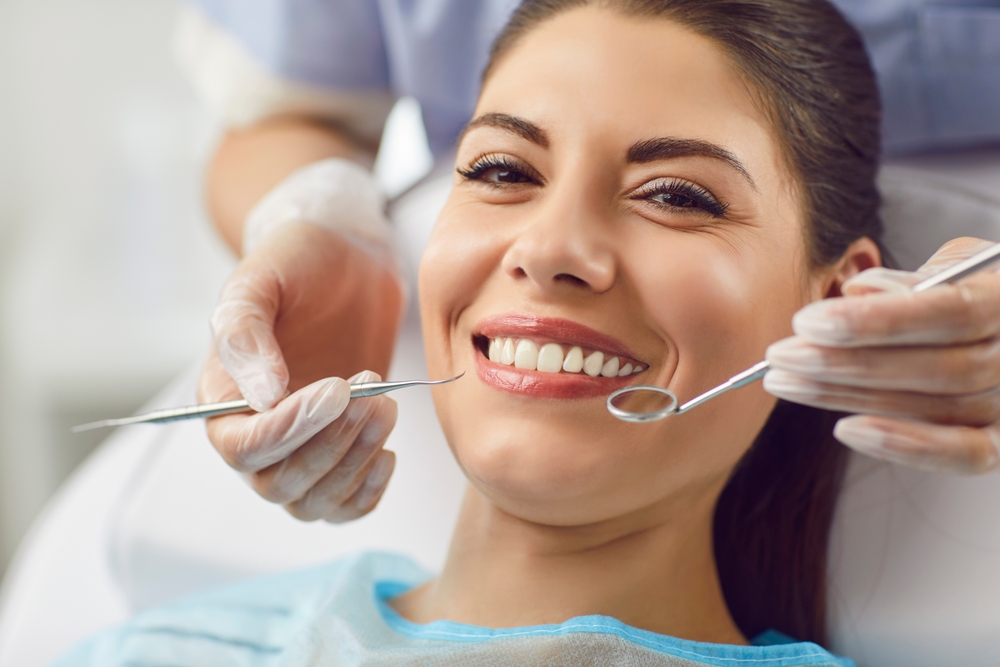Your teeth never feel better than after a professional cleaning! With plaque and tartar buildup gone and your teeth newly polished, it’s easy to feel great about your smile as you leave the dentist’s office.
With your teeth at their brightest, you might be wondering what you can do to maintain the benefits of a cleaning, including how long you should wait to eat. To find out, keep reading to learn more about how long you should wait to eat after a dental cleaning, as well as the reasons why!
How Long Should I Wait to Eat After a Dental Cleaning?
After a professional teeth cleaning, it is generally recommended that you wait at least 30 minutes to an hour before eating. This is especially true if you have had a fluoride treatment to strengthen tooth enamel as part of your cleaning.
Why Should I Wait to Eat After a Dental Cleaning?
Several factors can contribute to why you should wait, or why you might want to wait to eat after teeth cleaning. These factors include:
Sensitivity After Cleaning

Professional teeth cleaning goes much deeper than brushing and flossing at home. Your hygienist uses special tools to remove plaque and tartar buildup on the surfaces of teeth and along the gumline.
This deep cleaning can sometimes lead to temporary sensitivity in your teeth and gums. After cleaning, your gums may be slightly irritated, and your tooth enamel may feel more exposed once any plaque film has been removed.
Eating hard, crunchy, hot, or cold foods right away can make sensitivity worse. If your teeth feel sensitive after a teeth cleaning, it’s a good idea to wait a while before eating or drinking something that could cause discomfort.
Consulting Your Dentist
The condition of your gums plays a significant role in determining how long you should wait to eat after a dental cleaning. If your dentist notices that your gums bleed easily or identifies other issues during your appointment, they might advise you to wait longer than the typical 30 minutes before eating.
A teeth cleaning can be intense, especially if there are underlying issues that need attention. Your dentist’s assessment helps ensure that you don’t inadvertently cause further irritation or discomfort by eating too soon. Always follow their personalized recommendation for the best post-cleaning care.
Avoiding Stains
Removing the outer layer of plaque and tartar from the surface of teeth during a professional cleaning can temporarily make your teeth more porous. This makes them more susceptible to staining from foods like coffee, tea, berries, or deeply-colored sauces, like soy sauce or tamari.
To prevent unwanted stains and keep your teeth at their brightest, you should avoid highly pigmented foods and drinks immediately after your cleaning. Waiting to eat these foods gives your teeth time to re-mineralize and lowers your risk of unwanted stains.
Undoing the Benefits
While eating or drinking any food too soon after cleaning can undo the benefits of a professional teeth cleaning, sticky foods, like gummy candies and caramel, are most likely to stick to teeth and encourage new plaque growth.
It’s best to wait to eat any sticky food until you know you are going to brush your teeth right after. While sticky, sweet treats may be delicious, they are likely to leave your teeth feeling like they did before your professional cleaning.
Fluoride Treatment
Fluoride is a naturally occurring mineral that plays a crucial role in dental health by strengthening enamel and protecting teeth against cavities. It essentially teams up with the minerals in your saliva to fortify the enamel, making your teeth more resistant to decay. This is why fluoride is a common ingredient in both toothpaste and community water supplies.
Fluoride treatments typically need about 30 minutes to an hour to set properly. Once applied, it takes that length of time for the fluoride gel to be fully absorbed by the enamel. While the fluoride is setting, it’s best to avoid eating and drinking, especially acidic or sugary foods. Eating too soon after a fluoride treatment can interfere with absorption and weaken effectiveness.
By reinforcing the enamel through these treatments, fluoride helps to maintain strong, healthy teeth. This protective measure is an essential part of regular dental cleaning routines, ensuring that your teeth remain resilient against daily wear and potential cavities.
Why It’s Critical to Discuss Post-Cleaning Care with Your Dentist
Understanding the best practices for post-cleaning care is vital, and no one is better equipped to guide you through this than your dentist. After a cleaning session, most professionals recommend waiting around 30 minutes before eating. However, individual circumstances can vary, making personalized advice essential.
Personalized Care Is Key
Your oral health situation is unique, influenced by factors such as previous dental work and personal habits. A discussion with your dentist ensures you receive care tailored to your specific needs. This conversation can help identify any specific guidelines you should follow post-cleaning, which can be crucial for preserving the health of your teeth and gums.
Clarifying Concerns and Proactively Addressing Issues
Regular check-ups offer an opportunity to ask questions and express any concerns you may have. Asking about post-cleaning care not only helps in understanding immediate actions, like eating routines, but also prepares you for any signs to watch for in the days following your appointment. This proactive approach can prevent minor issues from developing into more serious problems.
What Should I Eat After a Cleaning?

After an hour or two, as long as your teeth and gums feel fine, you can eat whatever you want after a professional teeth cleaning. The best foods for a healthy smile include:
- Cheese, yogurt, and other dairy products
- Fresh produce like apples, carrots, and celery
- Nutritious nuts, including walnuts and almonds
If your teeth and gums are sensitive, you might want to opt for softer, milder foods that don’t put pressure on your teeth when you bite and chew or irritate the gums. Good food options that are gentle on your teeth and gums after a cleaning are plain yogurt, soft fruits, and pureed or cream soups.
While you should wait at least 30 minutes before drinking anything after a fluoride treatment, you should stay hydrated after a cleaning. The best drink is plain water, as beverages like soda and fruit juice can be high in acids, which are harsh on freshly cleaned teeth.
How Can Scheduling Regular Dental Cleanings Benefit Your Overall Health?
Regular dental cleanings are more than just a routine check on your pearly whites. They play a vital role in maintaining your overall health. Here’s how:
A Gateway to Early Detection
Scheduling dental cleanings twice a year acts as a frontline defense against oral health issues. They provide an opportunity for dental professionals to spot early signs of problems like gum disease, cavities, and other oral complications. Catching these issues early can prevent them from turning into more serious health concerns.
Beyond Home Care
While daily brushing and flossing are crucial, they can’t accomplish everything. Professional cleanings help reach the spots that at-home care might miss, ensuring a comprehensive clean and removing tartar build-up that could lead to more severe issues if left unchecked.
Reflects Overall Health
Your oral health mirrors your body’s well-being. Dentists can often detect signs of nutritional deficiencies, immune disorders, and other health issues just by examining your teeth and gums. Regular cleanings help keep tabs on these insights before they manifest into larger health problems.
Improved Confidence and Well-Being
Consistent dental check-ups ensure your teeth and gums are healthy, which can boost not only your confidence but also your quality of life. A healthy mouth means you can chew food properly, speak clearly, and smile with confidence.
Keeping Up With Best Practices
Dental appointments allow you to review your oral hygiene practices. Professionals can offer personalized advice to improve your habits, ensuring your home care is as effective as possible.
In summary, regular dental cleanings are a crucial investment in your overall health. They offer a comprehensive approach to preventing oral health issues and contribute significantly to your well-being. So, remember to mark those calendar dates for your bi-annual dental visits.
How Can I Maintain the Effects of a Professional Teeth Cleaning?

To make the most of your cleaning and to maintain the health of your smile until your next visit to the dentist, here are some practical tips:
- Follow a good home oral health care routine, which includes brushing teeth twice a day for at least 5 minutes and flossing at least once a day
- Be consistent with your oral care routine and schedule bi-annual professional dental cleanings
- If you are prone to cavities, add an antibacterial mouthwash into your daily routine for extra protection against bacteria and plaque buildup
- Avoid habits that can harm your teeth, like eating sugary food in excess, drinking too much coffee or soda, and smoking
Generally, it is advisable to wait at least 30 minutes before eating after a teeth cleaning and at least an hour if you have had a cleaning and a fluoride treatment. Waiting to eat gives your teeth time to re-mineralize, allows fluoride to be fully absorbed, prevents irritation or discomfort, and ensures you get the maximum benefits from your professional teeth cleaning!
Building a Partnership for Long-term Oral Health
Open communication with your dentist goes beyond just a single visit. It strengthens the partnership in managing your long-term oral health. Through regular discussions, you become more informed and confident about maintaining your dental hygiene routine effectively, ensuring you can enjoy a healthy smile for years to come.
While general guidelines exist, your dentist can offer insights that cater to your individual health needs. Ensure you’re making the most of this expertise by discussing post-cleaning care thoroughly during your visit.
Is it time for you to have your teeth cleaned? Schedule an appointment at Merry Dental in Billerica, MA, today!


